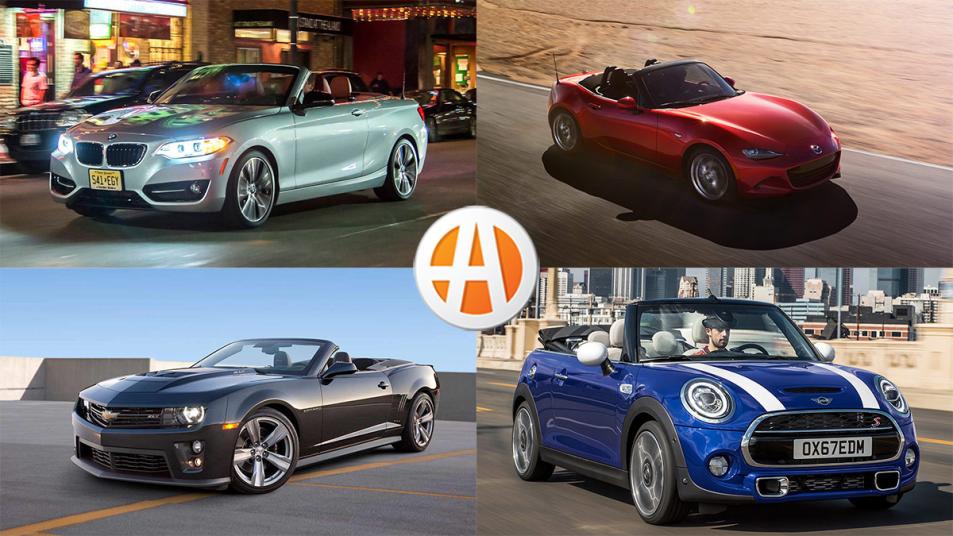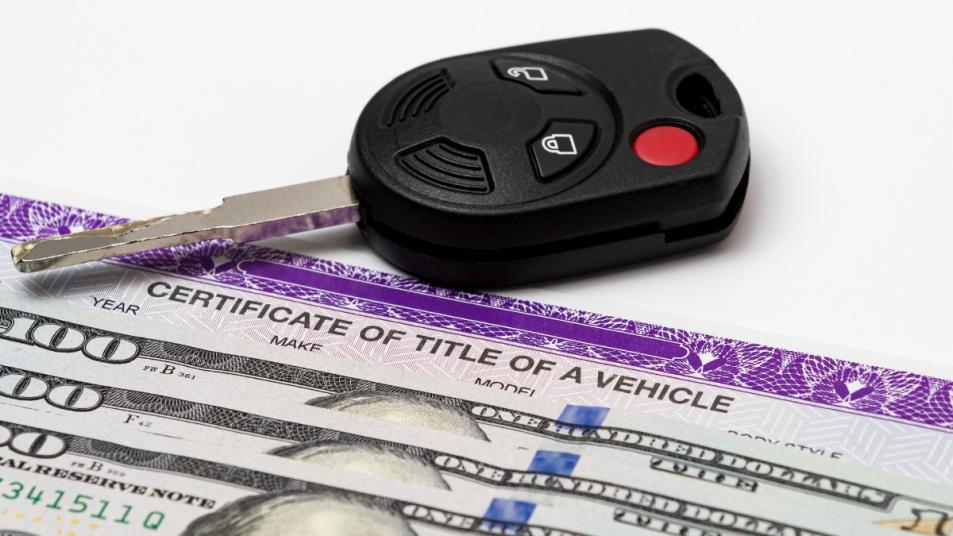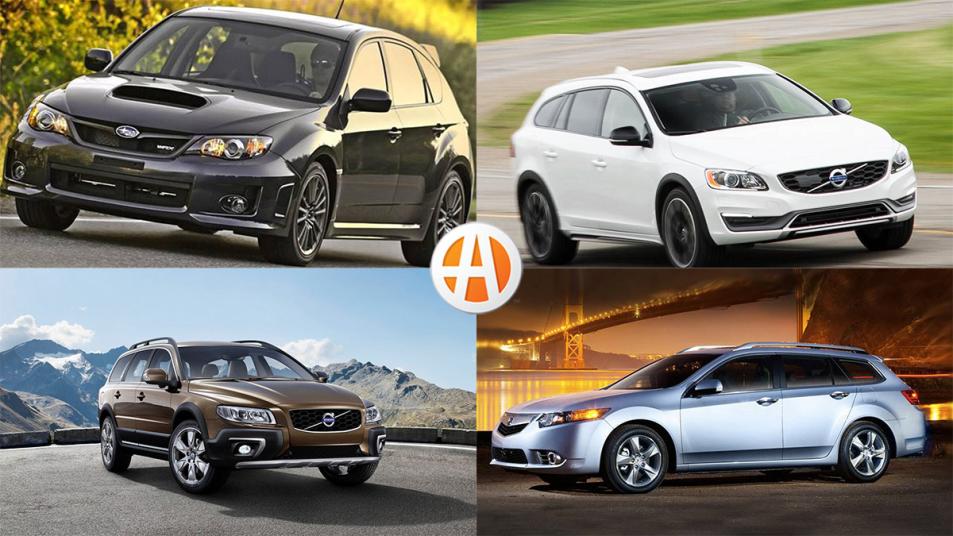
Best Chevrolet Silverado 1500 Years to Buy Used
Get to know the best Chevy Silverado 1500 years are best for buying a used pickup truck. It offers a wide range of configurations backed by a strong reputation for durability.

Get to know the best Chevy Silverado 1500 years are best for buying a used pickup truck. It offers a wide range of configurations backed by a strong reputation for durability.

Learn what matters most when buying a used car, and why maintenance records, regular service, and key safety features are more important than age or mileage.

You don’t have to break the bank to get a great droptop.

Ever wonder what the phrase “rebuilt title” means in a used car listing? We explain exactly what to expect when you see those words.

If you’re looking at buying a vehicle, find out why a 360-degree camera feature is the one you didn’t know you needed.

A used Genesis GV80 promises most features and luxury trappings of a new model but for thousands less. Find out the best years to buy a used GV80.

A used Model S provides most of the features of the new version but at a huge savings.

Which drivetrain works best for you: 4-wheel drive, all-wheel drive, or 2-wheel drive? We explain the differences.

Our list of the Best Trucks on a $5000 Budget span a wide range of capability — and they’re all good deals.

Here are 10 used wagons you can find for around $15,000 in 2025.